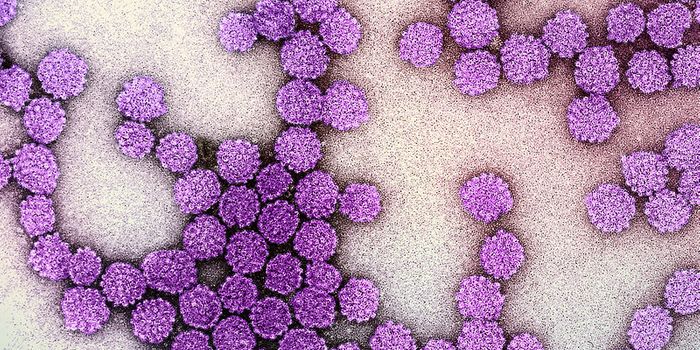A new way to Alter Gene Expression may aid Leukemia Treatment
New work by scientists at Rockefeller University in New York could help young patients suffering from leukemia. They engineered a new method to reprogram gene expression in cells; it has the potential to be used in combination therapies against a cancer that is known for genomic instability and drug resistance. The video below summarizes the work, which was reported in Nature.
Leukemia refers to a class of cancers that affect the bone marrow and blood or lymphatic tissue; there are many types affecting a wide range of people. While there are many kinds of treatment as well, depending on the diagnosis and the individual, those treatments are not always effective. Scientists are exploring a treatment avenue that targets proteins of the cell called histones in various ways.
Histones have an important role in the organization of DNA and can thus exert an effect on the expression of genes that in turn regulate cellular functions that influence tumor growth. The cell has special proteins that act as readers, interpreting chemical tags on histones that act to turn gene expression on or off. One type of reader protein, BET, has been targeted in cancer therapeutics; inhibition of BET proteins is one kind of cancer therapy.
In this work, the researchers have found another class of reader proteins that can be manipulated in cancer therapeutics just as BET proteins have been. A protein feature, a functional domain called YEATS, identifies acetyl groups tagging histones and has been correlated to a poor prognosis in patients.
"The functional importance of this reading activity by the YEATS domain was unknown," explained Liling Wan, a researcher in the Laboratory of Chromatin Biology and Epigenetics at Rockefeller University.
One genomic instability in leukemia patients is a rearrangement of the genome that fuses a gene encosing for the MLL protein, with proteins containing YEATS domains. One such protein is ENL. Young patients carrying leukemia with these features do not fare well. "In infants, it occurs in more than 70 percent of acute lymphoid leukemia and in more than 35 percent of acute myeloid leukemia cases," said Wan.
This work has demonstrated that ENL could be promoting the growth of tumors and as such, makes for a good drug target to inhibit the process.
The researchers used CRISPR/Cas9 technology to investigate the influence of ENL on leukemia. In mice that carried leukemia cells that were depleted of ENL there were better outcomes compared with mice that carried typical leukemia cells. Leukemia engineered to lack ENL did not proliferate as rapidly and the mice transplanted with those cells lived longer.
"We look forward to the development of new drugs that can block YEATS domain function, perhaps working in concert with existing bromodomain inhibitors that are already in clinical trials," comented David Allis, head of the Laboratory of Chromatin Biology and Epigenetics.
Sources: UPI via The Rockefeller University, Nature









